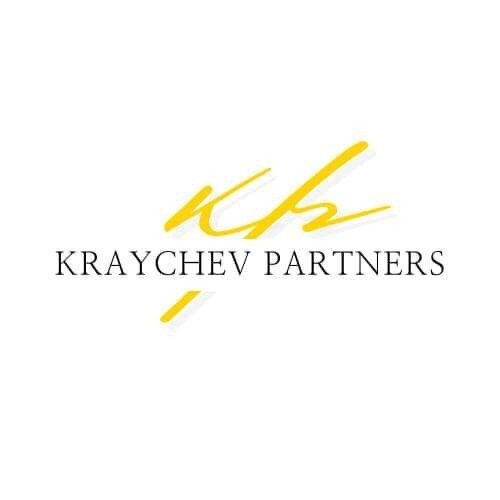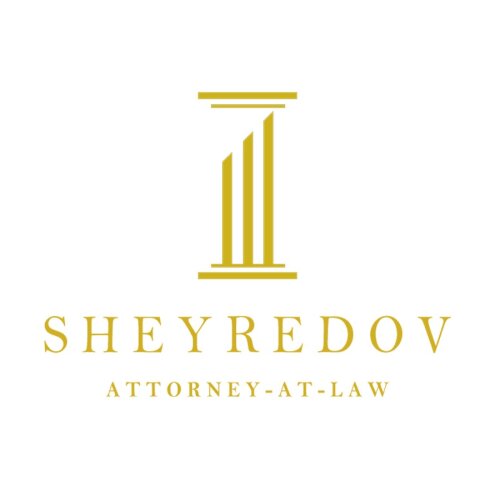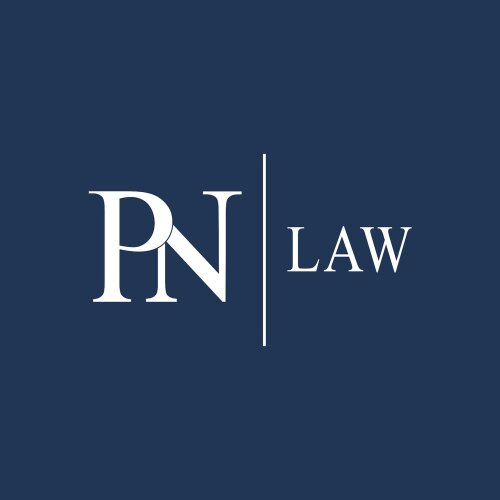Best Corporate Governance Lawyers in Plovdiv
Share your needs with us, get contacted by law firms.
Free. Takes 2 min.
List of the best lawyers in Plovdiv, Bulgaria
About Corporate Governance Law in Plovdiv, Bulgaria
Corporate governance refers to the framework of rules, practices, and processes by which companies are directed and controlled. In Plovdiv, as in the rest of Bulgaria, corporate governance principles aim to assure a balance between the interests of a company’s management, its board, shareholders, and other stakeholders. The legal environment in Plovdiv is shaped by Bulgaria’s national legislation and its adherence to the European Union’s corporate governance standards. Good corporate governance in this context is essential for maintaining investor confidence, ensuring effective decision-making, and fostering long-term business sustainability.
Why You May Need a Lawyer
There are several situations where consulting a specialized lawyer in corporate governance is highly recommended. Common circumstances include forming a new company and needing guidance on bylaws or shareholder agreements, restructuring a business, resolving shareholder disputes, complying with regulatory requirements, or navigating changes in directorship or board composition. Lawyers can also help businesses ensure compliance with anti-corruption policies, manage conflicts of interest, deal with investigations or audits, and develop internal governance structures that meet national and EU legal standards. If your business is looking to grow, merge, or operate internationally, specialized advice is critical for aligning governance frameworks with applicable laws.
Local Laws Overview
In Plovdiv, corporate governance is principally regulated by the Bulgarian Commercial Act (Targovski Zakon), as well as international directives applicable through Bulgaria’s EU membership. The law outlines the establishment, functioning, and supervision of business entities such as limited liability companies (OOD), joint-stock companies (AD), and other legal forms. Key local regulatory points include requirements for shareholder meetings, the appointment and responsibilities of company directors and boards, disclosure and reporting obligations, audit requirements, and transparency rules. Companies listed on the Bulgarian Stock Exchange must also comply with the National Corporate Governance Code, which sets out voluntary standards reflecting best practices. Regional authorities in Plovdiv enforce these laws and monitor compliance to ensure effective corporate management and protection of stakeholders’ interests.
Frequently Asked Questions
What types of business entities are commonly used in Plovdiv for corporate operations?
The most common forms are Limited Liability Companies (OOD) and Joint-Stock Companies (AD). Your choice will depend on factors such as company size, funding sources, and desired governance structure.
What are the main legal requirements for company directors in Plovdiv?
Directors must act in the company’s best interests, observe fiduciary duties, avoid conflicts of interest, comply with internal rules, and meet statutory reporting and disclosure requirements under the Commercial Act.
Do companies need written corporate governance policies?
While not always mandatory, having written governance policies is highly recommended for both compliance and organizational clarity. Public companies must adhere to the National Corporate Governance Code.
How is shareholder protection ensured under Bulgarian law?
Shareholders enjoy rights to participate in meetings, vote on key corporate matters, inspect corporate records, and receive dividends. Minority shareholders have legal remedies in case of unfair treatment.
Are board meetings and general meetings regulated?
Yes, the Commercial Act specifies rules for convening, conducting, and recording the minutes of meetings. Compliance is crucial to avoid disputes or legal challenges.
What happens if a company fails to adhere to corporate governance standards?
Non-compliance can lead to administrative fines, civil claims, loss of reputation, or, in severe cases, criminal liability for directors and officers.
Is it mandatory to appoint an auditor?
Auditing is mandatory for certain company types and sizes, especially for public joint-stock companies or those exceeding specific financial thresholds.
Can foreign nationals serve as company directors in Plovdiv?
Yes, non-Bulgarian citizens can be appointed as directors, subject to meeting the standard legal and consent requirements outlined by Bulgarian law.
How are conflicts of interest handled in companies?
Directors and managers are required to disclose any conflicts of interest. Companies are expected to have processes for managing these to ensure transparent and fair decision-making.
Where can disputes related to corporate governance be resolved?
Most corporate disputes are resolved through the Bulgarian courts. Alternative dispute resolution mechanisms, such as arbitration or mediation, can also be used if agreed by all parties.
Additional Resources
Several organizations and bodies can provide information or guidance regarding corporate governance in Plovdiv, Bulgaria. The Bulgarian Trade Register and Registry Agency is the primary body for company registration and filings. The Financial Supervision Commission oversees public companies and market standards. The Bulgarian Chamber of Commerce and Industry, and the Bulgarian Industrial Association offer business support and corporate governance resources. Legal professionals and accredited law firms in Plovdiv can also provide tailored advice.
Next Steps
If you require legal advice or assistance in corporate governance, the first step is to gather all relevant documentation regarding your company’s structure and governance procedures. Next, seek out a qualified lawyer or law firm in Plovdiv with expertise in corporate law and governance. Arrange a consultation to explain your situation, discuss your objectives, and determine the most appropriate legal solutions. Ongoing advice from a legal professional can help you create robust governance frameworks, prevent disputes, and ensure compliance with all local and European laws.
Lawzana helps you find the best lawyers and law firms in Plovdiv through a curated and pre-screened list of qualified legal professionals. Our platform offers rankings and detailed profiles of attorneys and law firms, allowing you to compare based on practice areas, including Corporate Governance, experience, and client feedback.
Each profile includes a description of the firm's areas of practice, client reviews, team members and partners, year of establishment, spoken languages, office locations, contact information, social media presence, and any published articles or resources. Most firms on our platform speak English and are experienced in both local and international legal matters.
Get a quote from top-rated law firms in Plovdiv, Bulgaria — quickly, securely, and without unnecessary hassle.
Disclaimer:
The information provided on this page is for general informational purposes only and does not constitute legal advice. While we strive to ensure the accuracy and relevance of the content, legal information may change over time, and interpretations of the law can vary. You should always consult with a qualified legal professional for advice specific to your situation.
We disclaim all liability for actions taken or not taken based on the content of this page. If you believe any information is incorrect or outdated, please contact us, and we will review and update it where appropriate.

















